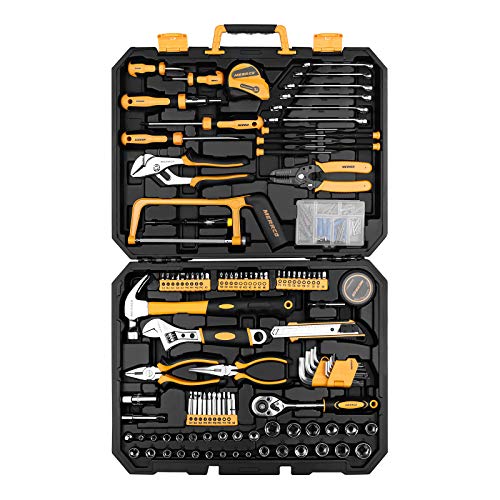mothercoder said:
After a talk with my BIL, I'm going to do just that: get what I need now and add more later. I won't have a 12v fridge for a while so I won't need a big inverter. And I'm going to go solar instead of getting the generator. If I feel I need the generator later, then I'll buy one. I'll see how it works out and then adjust. I have to give up the idea that I'm going to have the perfect set up right out the gate.
That sounds like a good approach.
Note the whole point of a 12V fridge is, that is what makes an inverter unnecessary!
The only caution is that it is not a good idea to add new batteries later to an existing bank, so bite the bullet on the $200 Deka bank, the very high capacity relative to your daily usage (starting out) will act as a great buffer for cloudy days.
Even if you do abuse it to some degree, FLA is very resilient, and that is the cheapest true deep cycle option anyway.
As I said a 20-25A charger will get it recharged as fast as possible when you do get access to mains power.
People will try to tell you you "need" 200-400W of solar for a 200AH bank, but that's just an overly general rule of thumb, sure would be nice one day but start out with 100W see how you go, unlike batteries, you can always add more solar later.
The keys will be:
making sure you're consuming less energy each day than your sources total input
try to only rarely go below 50% SoC on the bank
and get it to 100% Full every other day if possible, at least once a week
and it should last many years. Obviously you don't want to invest $150+ on the most accurate battery monitor, but you do need some way to measure AH in and out.
This may be "good enough for now"
https://m.ebay.com/itm/DC-120V-100A...emaining-Capacity-AMP-Voltage-AH/182147916411
The shunt gets connected right at the bank, and wire the display somewhere you can keep an eye on it but won't bother you in the dark.
Actually using Anderson connectors for the shunt that meter can become "mobile" to measure the total AH contributed or consumed by any single device over time
Great for troubleshooting issues before you get to buy a cheap hand-held ammeter, recommended at some point.









































































